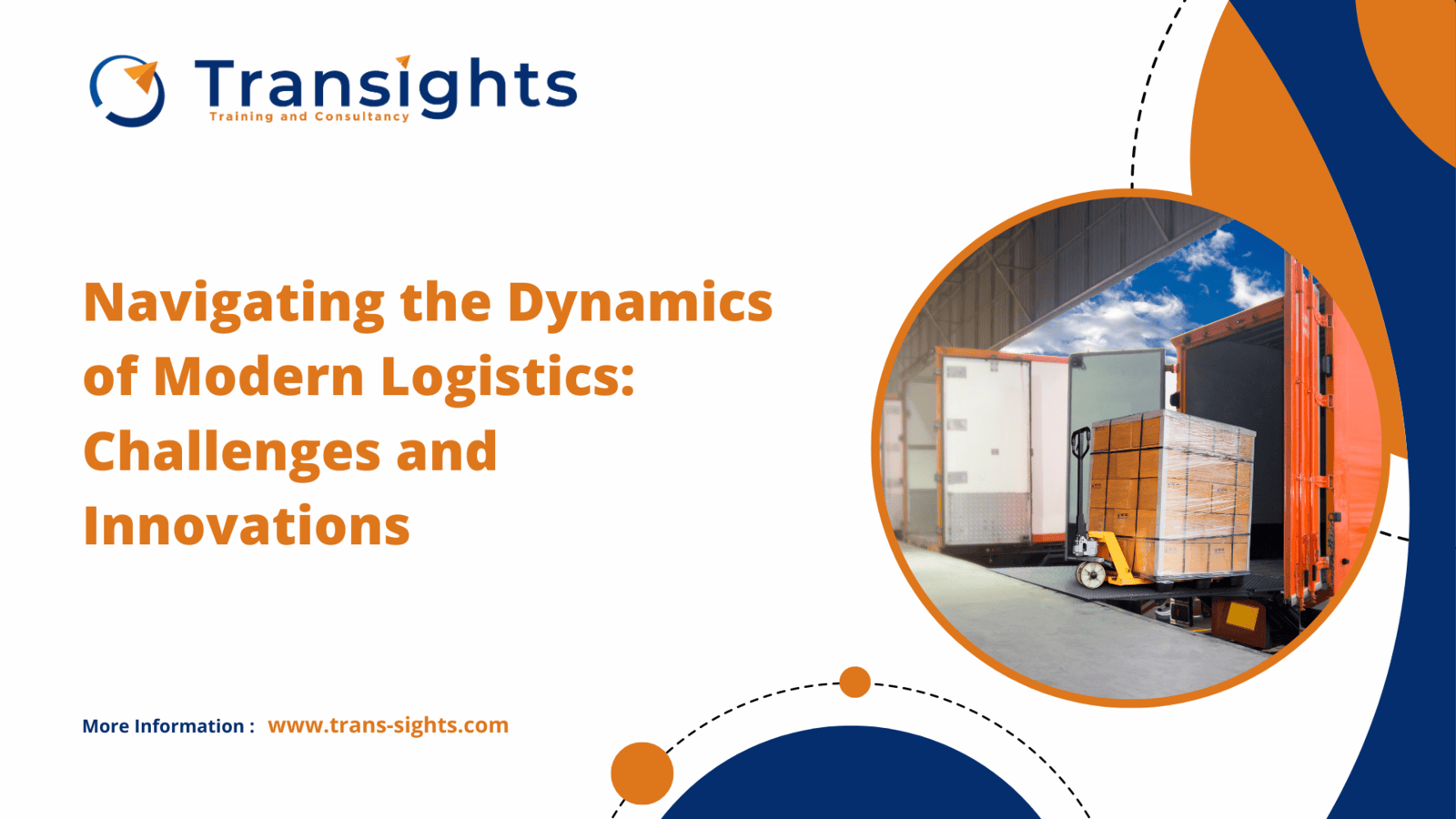
In the intricate web of global commerce, logistics stands as the backbone that ensures the smooth flow of goods from production to consumption. As technology advances and markets evolve, the landscape of logistics undergoes constant transformation, presenting both challenges and opportunities for businesses worldwide. In this article, we delve into the dynamics of modern logistics, exploring the challenges faced by industry players and the innovative solutions shaping the future of supply chain management.
The Evolving Terrain of Logistics:
The rise of e-commerce, globalization, and changing consumer behaviors have revolutionized the traditional paradigms of logistics. Today, businesses are not only tasked with delivering products efficiently but also with meeting rising customer expectations for speed, transparency, and sustainability. This shifting terrain demands agility and adaptability from logistics providers as they navigate through complex supply chains spanning continents.
Challenges on the Horizon:
Despite technological advancements, logistics faces an array of challenges that impede seamless operations. One such challenge is the perennial issue of last-mile delivery, where the final leg of the supply chain proves to be the most intricate and costly. Urbanization further exacerbates this challenge, with congested city streets and limited access posing logistical hurdles for delivery fleets. Additionally, the specter of supply chain disruptions looms large, whether due to natural disasters, geopolitical tensions, or unforeseen pandemics, as evidenced by the global disruptions caused by the COVID-19 pandemic.
Innovative Solutions Driving Efficiency:
In response to these challenges, the logistics industry is embracing innovation at an unprecedented pace. Advanced analytics and artificial intelligence are revolutionizing demand forecasting and route optimization, allowing companies to streamline operations and reduce costs. Automation technologies, including robotics and drones, are reshaping warehouse management and order fulfillment, enhancing speed and accuracy. Moreover, blockchain technology holds promise in enhancing transparency and traceability across supply chains, bolstering trust and accountability among stakeholders.
Sustainability as a Strategic Imperative:
In an era marked by growing environmental concerns, sustainability has emerged as a strategic imperative for logistics providers. From reducing carbon emissions to optimizing packaging materials, companies are increasingly prioritizing eco-friendly practices throughout their operations. Electric vehicles and alternative fuels are gaining traction as viable options for reducing the carbon footprint of transportation fleets. Furthermore, initiatives such as reverse logistics, which focus on product returns and recycling, are gaining prominence as companies seek to minimize waste and maximize resource efficiency.
The Role of Collaboration and Partnerships:
In the complex ecosystem of logistics, collaboration and partnerships play a crucial role in driving innovation and efficiency. From strategic alliances between logistics companies to closer integration with suppliers and customers, collaboration fosters synergy and agility across the supply chain. Moreover, the emergence of digital platforms and marketplaces facilitates seamless coordination and communication among stakeholders, enabling real-time visibility and responsiveness.
Looking Ahead:
As we look to the future, the trajectory of logistics remains intertwined with broader technological, economic, and societal trends. From the proliferation of autonomous vehicles to the advent of 5G-enabled supply chains, the possibilities for innovation are vast and transformative. However, amidst this wave of technological disruption, the human element remains paramount, with skilled professionals playing a central role in orchestrating the intricate dance of logistics.

